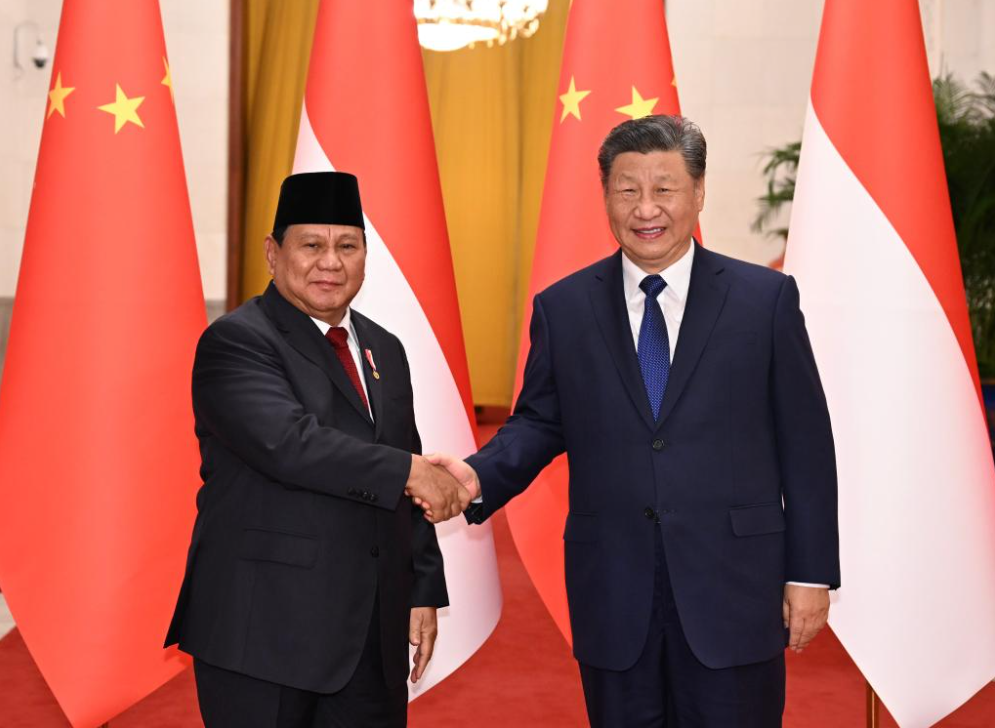Headline: U.S. Supports Philippine Maritime Zones Act Amid South China Sea Tensions
Opening:
In a significant development regarding maritime sovereignty, the United States has expressed strong support for the Philippines’ new laws aimed at delineating maritime zones and archipelagic sea lanes. This legislative move has stirred tensions with China, which has strongly condemned the Philippine laws. The U.S. backing underscores a crucial alliance in the face of escalating geopolitical challenges in the South China Sea.
Understanding the Maritime Zones Act
Who and What:
The Philippine government, under President Ferdinand Marcos Jr., has enacted two pivotal laws designed to define the nation’s maritime boundaries more clearly. These laws are intended to bolster the Philippines’ claims over portions of the South China Sea—an area rich in resources and strategically significant.
When and Where:
The laws were enacted recently and are part of the Philippines’ broader strategy to assert its rights in the contested waters of the South China Sea, which are claimed in part by China. The legislation emphasizes the Philippines’ archipelagic nature, aligning with international law, particularly the United Nations Convention on the Law of the Sea (UNCLOS).
Why It Matters:
By officially outlining its maritime zones, including archipelagic sea lanes, the Philippines aims to enhance its security and stabilize its territorial claims amid increasing tensions in the region. This legal framework could serve as a deterrent against incursions into its designated waters, protecting both economic and fishing rights.
U.S. Support as a Strategic Ally
The U.S. State Department has publicly endorsed the Philippines’ legislative efforts, calling them “a positive step toward enhancing maritime governance in the Indo-Pacific.” The backing from the U.S. reflects a shared commitment to uphold international maritime law and counter China’s extensive claims in the South China Sea.
Expert Insights:
According to Dr. Maria T. Araneta, a maritime law expert, “The new laws empower the Philippines to enforce its territorial integrity and could lead to greater international cooperation in safeguarding these vital waters.” This sentiment echoes the broader implications of the Philippine legislation on regional security.
China’s Reaction: Strong Condemnation
In response to the Philippine laws, Chinese officials have expressed vehement opposition. The South China Morning Post reported that China ‘strongly condemns’ these legislative actions, portraying them as provocations that could escalate tensions in the region.
Impacts on the Region’s Geopolitics
The enactment of the Maritime Zones Act has broader implications not only for the Philippines but also for neighboring countries and international maritime stakeholders. Here are some potential impacts:
-
Increased Tensions with China: Beijing’s aggressive posturing may result in heightened military activity in the disputed regions, prompting the Philippines to consider further collaborations with U.S. forces.
-
Encouragement for ASEAN Unity: Other Southeast Asian nations with overlapping claims may feel bolstered to assert their own maritime rights, potentially leading to greater regional cooperation against Chinese expansionism.
- Economic Implications: With clear laws delineating maritime zones, the Philippines could strengthen its fishing and resource extraction industries, inviting foreign investment into its maritime economy.
Contextual Background: A Historical Lens
The South China Sea has long been a flashpoint of geopolitical friction. With its vast natural resources and strategic shipping routes, it is a critical area for many nations. The Philippines, Vietnam, Malaysia, Brunei, and Taiwan all have varying claims to parts of these waters, and the situation has been exacerbated by China’s aggressive reclamation projects and naval presence.
The Philippines’ recent legislative moves align with its previous efforts to seek legal redress through international arbitration, culminating in the landmark 2016 ruling by The Hague, which invalidated China’s expansive claims based on the so-called "nine-dash line."
Engaging with the Future
As the situation continues to evolve, the impact of the Philippines’ new laws will be closely monitored by regional analysts and policymakers. The U.S. support could pave the way for deeper military ties and collaborative initiatives aimed at ensuring maritime security in the Indo-Pacific.
Join the Conversation
What do you think about these developments in the South China Sea? How might the Philippines’ new laws impact regional stability? Share your thoughts in the comments below or on our social media platforms.
Further Reading:
- Philippines’ Maritime Strategy and Its Implications
- International Law and the South China Sea
- Understanding U.S.-Philippines Relations
For more insights and updates, stay connected with our website.
Note: HTML tags for images or multimedia were not included in this text. Please add relevant images with appropriate tags when publishing.
